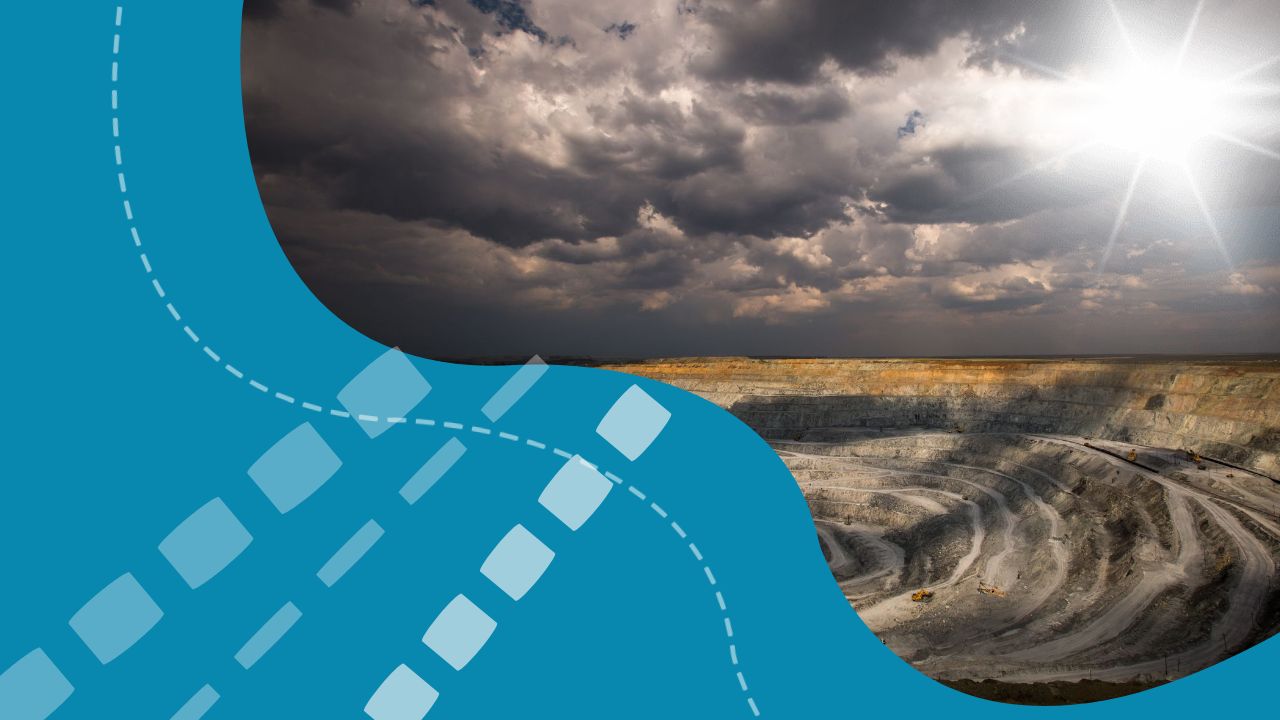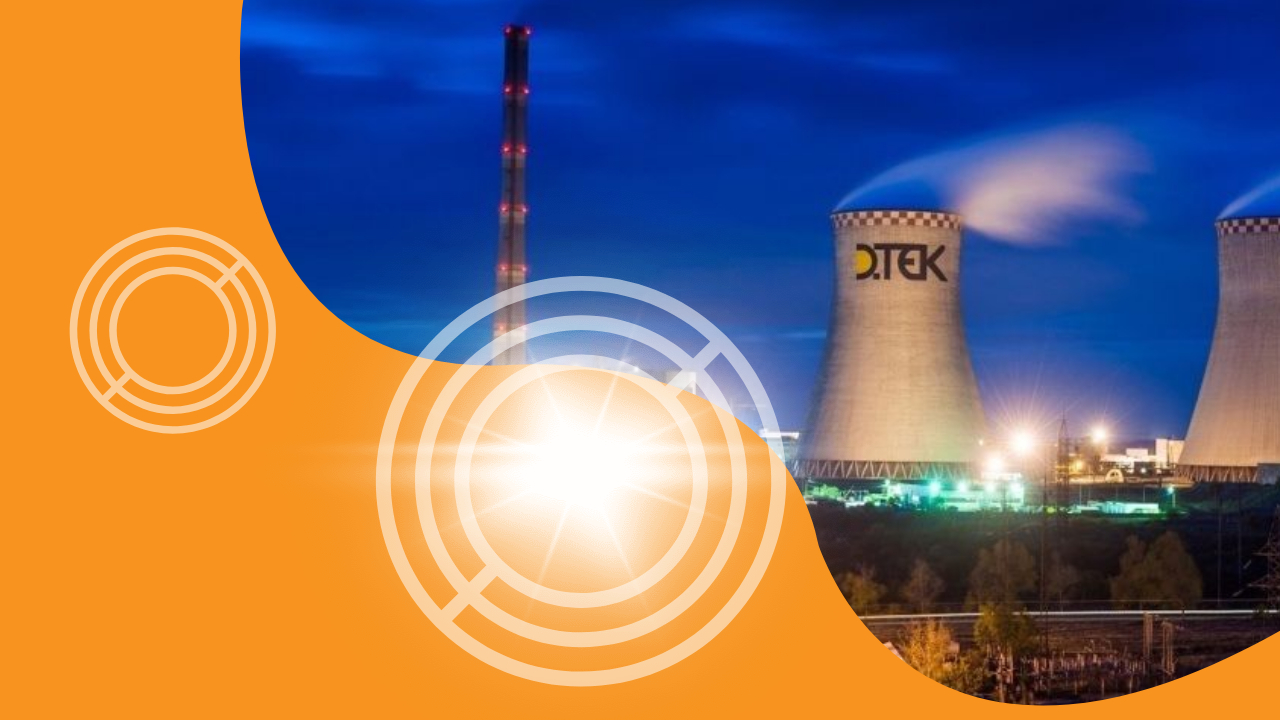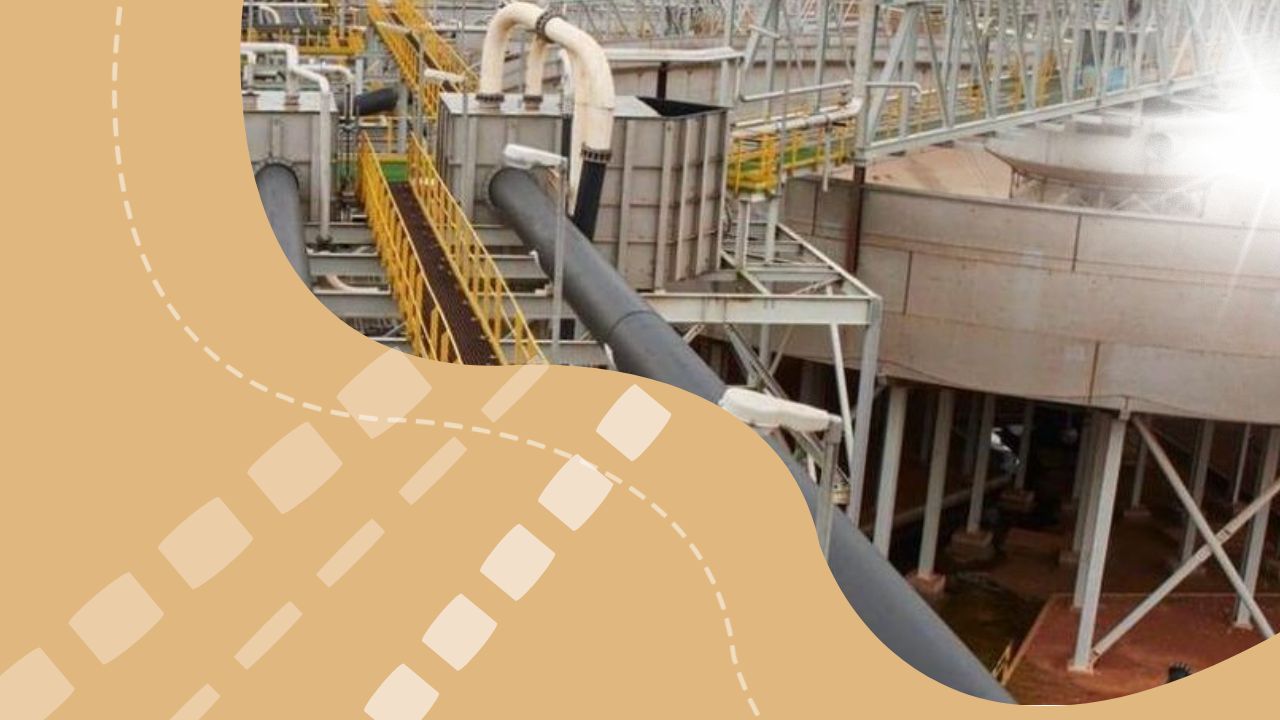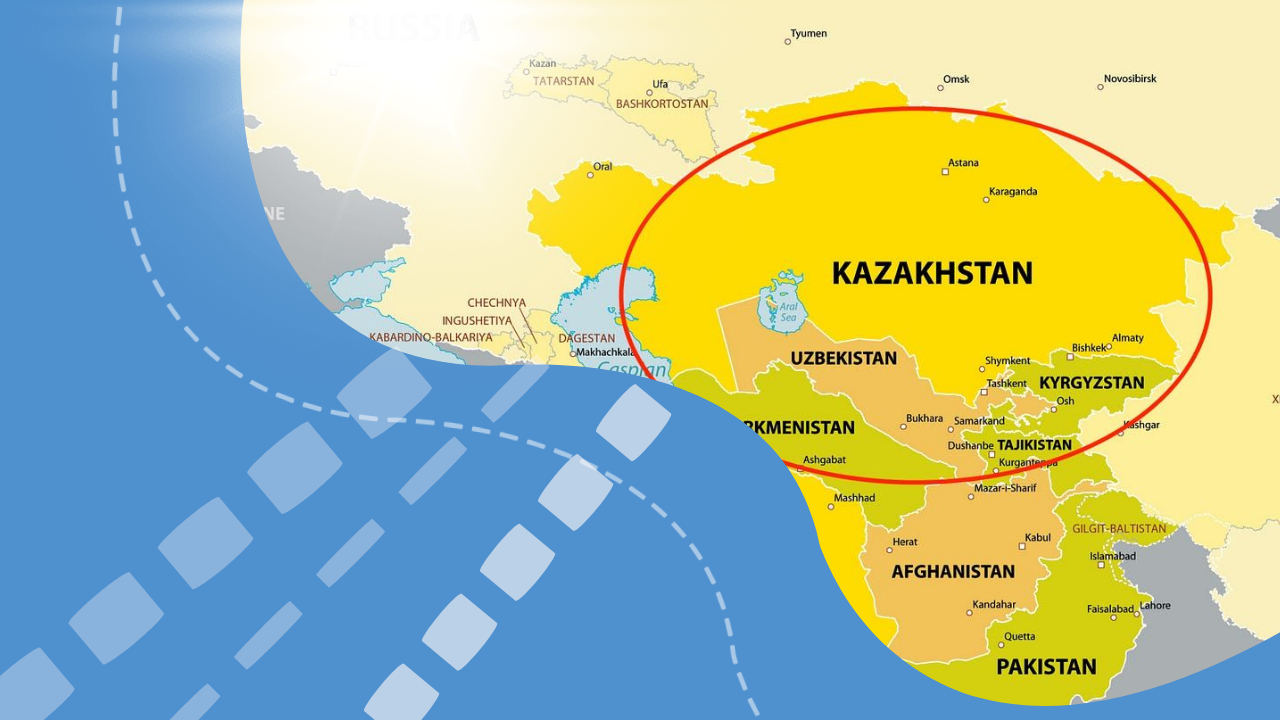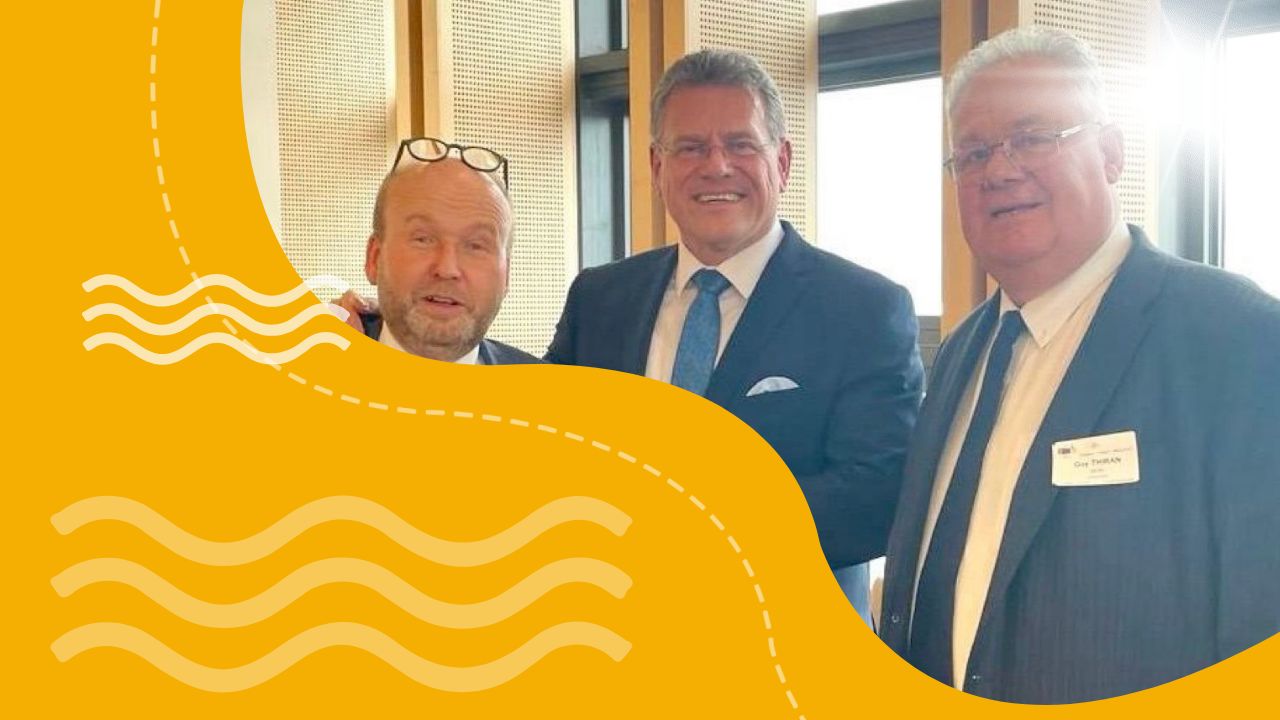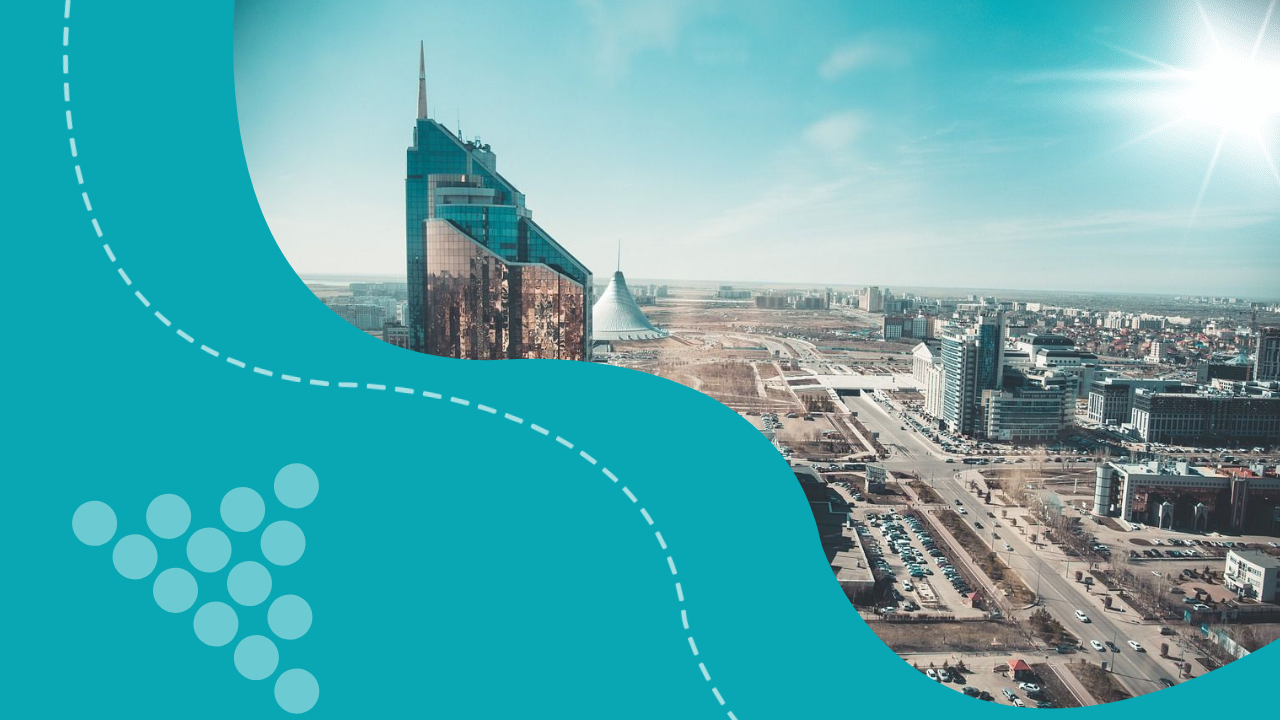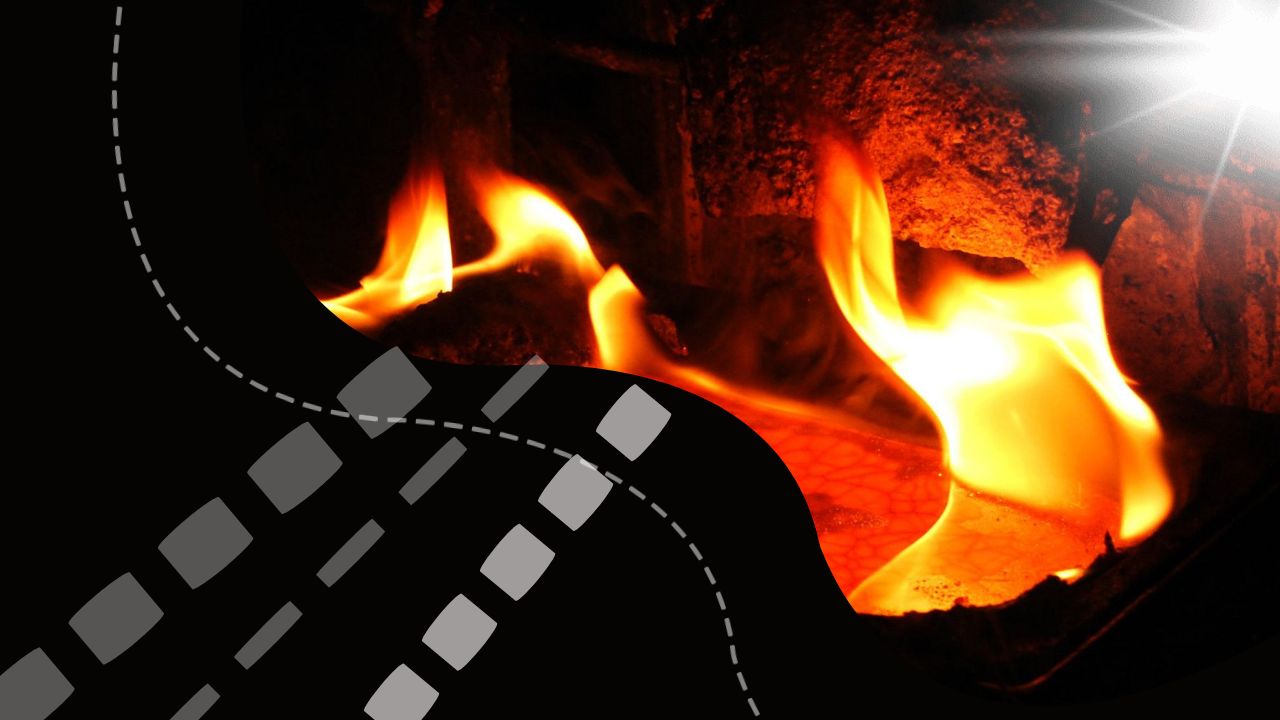Kazakhstan has entered into an expanded partnership and cooperation agreement with the European Union. These agreements will become the basis for interaction in key areas. Thus, the EU can become a strategic partner of the Republic of Kazakhstan in the raw materials sector and in the field of green hydrogen, reports the Kapital.kz portal .
At the moment, Kazakhstan is a major supplier of some rare metals to the world market. There is potential for further development of the industry. Political scientist Andrei Zubov, citing World Bank data, said that there are at least 5 thousand untapped deposits in the republic, the development of which could bring more than $46 trillion. They have reserves of non-metallic minerals and various metals, including rare ones, necessary for the production of complex equipment.
The list of raw materials critical for the EU now consists of 34 items. In the future, the Republic of Kazakhstan will be able to supply partners with 18 types of resources indicated in the list.
Thus, European industry is in dire need of magnesium, niobium and scandium, which are used in the production of wind turbines and traction motors. Platinum metals and rare vanadium are also strategically important for Europeans. They are used to create batteries necessary for various energy storage devices.
Large titanium deposits have also been discovered in Kazakhstan. In 2020, the republic took 8th place in the ranking of exporters of this metal.
If the Republic of Kazakhstan continues to actively develop cobalt and lithium deposits, the country will have the opportunity to become a link in the production of batteries. Increasing demand for these devices could stimulate investment in the resource sector.

